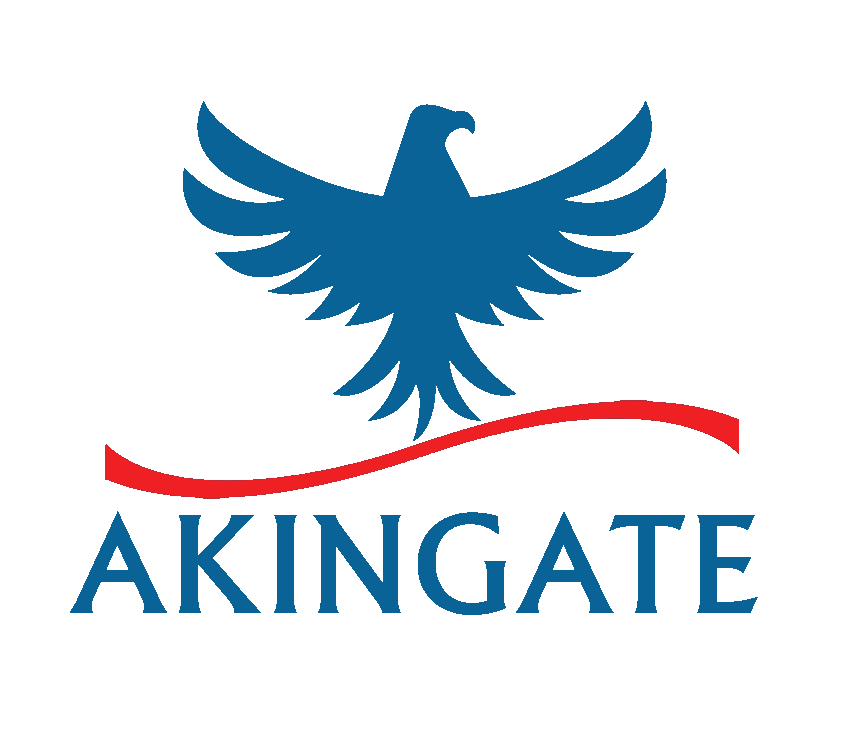Lessons from a Nigerian Tech Startup, Tiny Hearts Technology’s solar-powered cribs.

Virtue Oboro and her husband co-founded Tiny Hearts in 2015 after their terrible ordeal with neonatal jaundice. Her newborn boy was brought to the hospital for emergency care at 48 hours, which any mother will dread.
Tombra, her son, was hospitalised with jaundice, a disorder that affects more than 60% of infants globally. Many cases are minor and go away independently, but more severe cases necessitate phototherapy, which involves exposing newborns to blue light.
Not seeking treatment on time might result in permanent health issues such as hearing impairment, vision impairment, brain damage, and cerebral palsy. It can, in rare situations, result in death. Tombra’s health was critical, and no phototherapy devices were accessible, so his family had to wait four hours as his condition worsened. He was eventually given an immediate blood transfusion, a dangerous procedure that bought him time until a phototherapy device could be found. During Tombra’s seven-day therapy, Oboro said she had to buy the bulb herself, and the shortage of power supply caused the unit to be turned off for several hours. Despite the several challenges, her kid, who is now six years old, has recovered fully.
Oboro created the Crib A’Glow in response to a new initiative to prevent newborns from developing jaundice: a portable, affordable, solar-powered phototherapy device that uses blue LED light to treat jaundice.
In 2016, immediately after Tombra’s recovery, Oboro launched Tiny Hearts and began creating phototherapy cribs. After so many rejections of usage from different hospitals in Nigeria due to the belief that “it was invented in Nigeria, it won’t work”. Despite these obstacles, over 500 hospitals in Nigeria and Ghana are already using the cribs to treat over 300,000 babies. According to Oboro, the company hopes to expand into different nations in Sub-Saharan Africa.
Her collaborations with remote health workers and education initiatives have helped another 200,000 newborns by educating mothers about jaundice’s symptoms, including yellowing of the skin, whites of the eyes, and lips. According to Oboro, demand for cribs increased during the Covid-19 outbreak, as many parents sought to avoid hospitals and care for their newborns at home. The team is developing protective eyewear that will allow babies to be blindfolded securely during phototherapy.
Tiny Hearts isn’t the only startup working to enhance infant jaundice treatment. Little Sparrows Technologies in the United States has developed the portable “BiliHut,” which similarly employs high-intensity LEDs and can be used at home; D-Rev and Phoenix Medical Systems in India have developed a low-cost phototherapy light stand for developing markets.
Oboro considers Tombra’s survival “fortunate and grateful” and says it is now her goal to eradicate neonatal jaundice and “rescue a hundred and one more kids.”
The Tiny Hearts startup was created to provide a solution to infant jaundice through technology. Many babies suffer from immature livers, leading to countless deaths. The solar panel crib made by Tiny Hearts will help reduce many babies’ death rates and serve as extra equipment for Nigerian hospitals specialising in phototherapy.

Lessons For The Nigerian Tech Community
Without relying on other nations, the health sector needs to be infused with similar innovation, inventiveness, resiliency, and resourcefulness found in the broader tech industry. Additionally, the Nigerian tech community should be more dedicated to fostering greater awareness of and cooperation on initiatives to improve health in Nigeria. Users should also support these initiatives without prejudice because they were produced in Nigeria.
There are a lot of fascinating new advancements in Nigerian health, but there seems to be a gap between the technology and health sectors in terms of approach, language, and culture. It will take more collaboration to address the significant issues and realise the potential of innovators in both industries. Developing platforms that connect the innovators in health and technology and having a shared understanding of the difficulties are necessary to promote collaboration.
Lessons for Inventors
It’s easy to look around and identify issues that need to be resolved. Still, it requires a vision to take action and the capacity to develop novel solutions to healthcare issues burdening the communities. Inventors ought to be able to offer societal problems solutions that will benefit everyone, regardless of class. Due to her unpleasant experience with it and her determination to find a solution to a global issue despite the persecution she faced in her home country, Oboro was able to create the solar-powered crib that fights infant jaundice.
Some great inventions have emanated from the hardship or obstacles that would-be inventors have faced. Are you an aspiring inventor or a tech enthusiast? Look around you, reflect on your experiences, those areas where you may have been set back and consider what you could do to make things easier if you have to go through a similar situation or to make things easier for others. There is always a reasonable probability that others are going through similar challenges.
Final Words
As you step out as an inventor, believe in yourself, and find a problem worth solving but don’t just rush out, we suggest you do basic market research before you invest your money to ascertain who may be interested. If you can establish a reasonable initial interest, try and develop a prototype and test your idea in real life. Don’t forget to protect your idea, e.g. via patents. You can then either go into production or sell your idea for royalty.
This is a very high-level summary; please do your research. We wish you all the best.
_____________________________________________________________
Copyright © Akingate. All Rights Reserved.
See our copyright notice.
Image Credit: facebook.com/tinyheartshq/ and 5489425 © Felix Mizioznikov | Dreamstime.com








[…] latest report by Disrupt Africa has revealed that a total of 238 tech startups in Nigeria had raised $2.068 billion in the last seven years. It said this is far higher than any […]